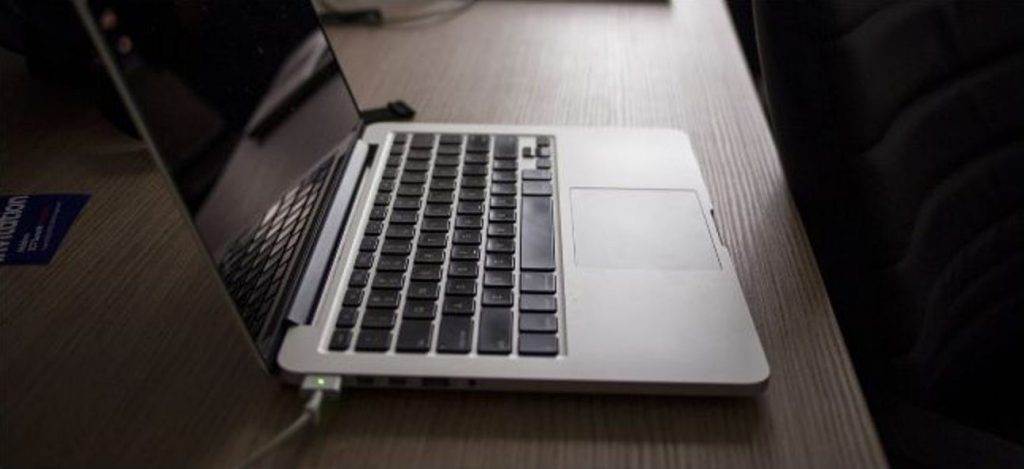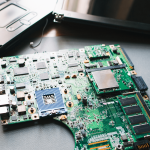When it comes to charging a laptop, you’ll need to consider a number of scenarios.
For example, must a laptop battery be charged before using it? Is the laptop battery only charged by charging the computer, or can we charge the battery during use of the computer?
This article will help you learn the answers to these questions, and more.
Should You Charge Your Laptop Before First Use?
Contents
You should charge your gadget to full capacity before unplugging it.
There’s a reason the charger was included with your laptop in the first place: it’s the one tool that allows you to charge it. So, it’s best to treat it as something you’re not free to abuse.
To be safe, charge the battery fully before leaving the house and only remove it when absolutely necessary.
It’s important to remember that not charging it just right could have negative ramifications.
You may immediately start using the charger without worrying about an extra hour of waiting.
If you need to use it right after you put it in, you run the risk of damaging it.
However, wait until the indicator reads 100% before you unplug the charger.
You must not remove and reattach the charger repeatedly during the process.
The essence of the argument is that, if you don’t charge it, you will be using your laptop battery for a long time.
If you can’t, use it anyhow, but plug it back in as soon as you can after the battery is fully charged.
How Much Battery Do Laptops Have By Default?

When we say “by default,” it doesn’t mean that manufacturers build the laptop with a minimum amount of battery, but rather that they ship it off to the customer with a nearly fully charged battery.
Li-ion batteries are used in most computers nowadays, not just in laptops. They can also be found in hand-held devices like mobile phones and video cameras, as well as in certain kinds of power tools.
This much power is pumped in there to power the laptop, and to serve as a backup in the event that the gadget has to be turned off for some reason.
It’s possible that recharging the batteries and then using them within 24 hours would minimize the damaging effects.
Similarly, leaving it dead would mean that the ecstatic customer would have to put up with the battery level dropping rapidly, which would crash their session.
Also Read: How to Fix Black Spots on Laptop Screen
Is it ok to charge the laptop while it is in use?
Yes, it’s reasonable to charge laptops while it is in use. The CPU is constantly operating and the battery will be drained up to 50% faster than normal.
To extend the life of your battery, most manufacturers recommend turning it on only when the laptop is plugged in.
As a result, in order to get the most performance out your laptop’s battery, you need to charge it every day.
And if you have to charge it every day, it’s better to charge it at night than during the day, because the battery will be less drained.
As a result, you’ll need to provide your laptop with adequate ventilation.
To function successfully, make sure the battery has enough power.
Conclusion
If the warning ‘Charge for 24 hours before use’ or ‘Charge for 3 hours before use’ appears on the box, it is recommended you charge it for at least 24 hours before using it.
It’s preferable if you follow the manufacturer’s directions regarding charging time so you can safeguard your device from damage.
However, if you are unable to do your work within the recommended time, you should charge it.
This is OK if you assume you have an abnormally long commute home and are rewarded with a few back episodes of your favorite show on Netflix.
However, it’s best if you don’t try to test a new laptop’s battery by leaving it on for an entire weekend.
The manufacturer made several assumptions about how you use the laptop, including that it is plugged into the power most of the time and that you won’t be charging it very often.
Leaving it on the charger mostly defeats the purpose of having a relatively hefty battery in the first place.
If you’re merely delighted and not motivated enough to wait for a full charge, you should turn off the device until you’re absolutely ready.




